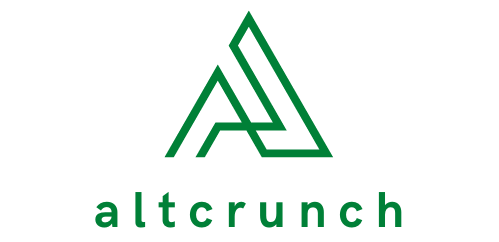Alternative assets are less traditional and more unexpected investment options. Alternative asset classes include commodities, real estate, collectibles, foreign currency, insurance products, derivatives, venture capital, private equity, and distressed securities.
Commodities
Commodities are marketable items produced for the good of consumers. They are typically indistinguishable from one to the next, no matter who produces them. Examples of commodities include precious metals, agriculture, and energy. Get more information at our how to invest in commodities guide.
Real Estate
Real estate could include commercial and residential properties, as well as REITs. Real estate is land and everything permanently fixed to said land. REITs, or real estate investment trusts, are companies that own and operate real estate that likely produces income. Get more information at our How to Invest in Real Estate guide.
Collectibles
Collectibles are items worth more than their non-collectible counterparts due to rarity or being in demand. Collectibles can include artwork, antiques, vintage wine, classic cars, stamps, and coins.
Hedge Funds
Hedge funds are one of the more alternative asset classes available to investors. They got their start back in the 1940s, when a group of investors got together to bet on whether or not a company would go bankrupt. Since then, they’ve evolved into a much more sophisticated investment vehicle, with a wide variety of strategies that can be used to make money in all kinds of markets.
One of the biggest advantages of hedge funds is that they offer investors access to strategies that are not available in the traditional markets. For example, you can’t just go out and short a stock in the open market; you need to have a hedge fund to do that. This gives investors a lot of flexibility when it comes to managing their portfolios.
Hedge funds also tend to be less correlated with the traditional markets than other asset classes. This means that they can provide some diversification benefits for investors who are looking to reduce their overall risk.
However, there are also some drawbacks to investing in hedge funds. One is that they can be quite expensive; many charge 2% of assets under management as well as 20% of profits. This can add up quickly if your investments perform poorly.
Another issue is that hedge funds are not as tightly regulated as other investment vehicles. This can lead to some problems if things go wrong with the fund manager or if the fund becomes too risky for investors.
Overall, hedge funds can be an interesting option for investors who are looking for exposure to alternative investment strategies. Just be sure to do your homework before investing in them and make sure you understand the risks involved.
Additional Alternative Classes
- Foreign currency is currency typically not used in the investor’s home country. Get more information at our How to Invest in Forex guide.
- Insurance products include life insurance (such as whole life) and annuities. An annuity is created when a person pays a life insurance premium that will be distributed back to the individual over time.
- Derivatives are financial contracts that get their value from the performance of another asset or interest rate. These contracts may include futures, forwards, and/or options.
- Venture capital is money invested for startups and small businesses that have a growth potential over the long term. It is a high risk, high reward, and usually comes from relatively wealthy investors.
- Private equity consists of investments made privately, and not quoted publicly. Investors make these investments directly into private companies. This capital is generally raised in order to fund new technologies or make acquisitions.
- Distressed securities are from companies going through bankruptcy or near bankruptcy (and we had a lot in 2020). While they are high risk, they are cheap to purchase and may be profitable if the company’s situation is not as dire as the market believes it to be.
Whether you decide to invest in traditional assets, or traditional and alternative assets, diversification is important. By knowing what each of the asset classes are, you will be better equipped to choose the investments that best suit your needs.

